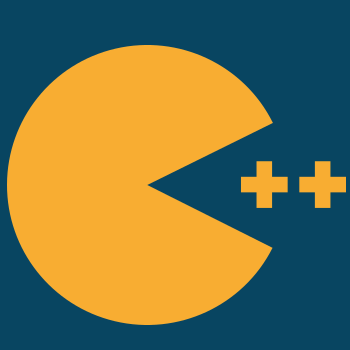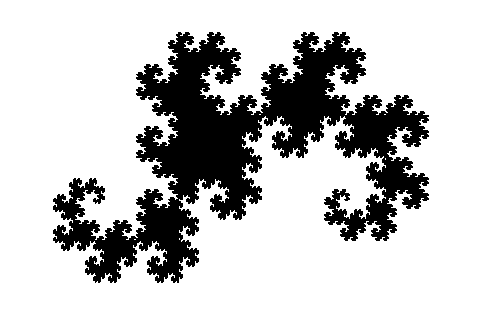A mon avis, "référence constante" ne veut pas dire grand chose.
Dans l'absolue, oui, c'est une "référence vers un objet const". Mais c'est largement entré dans le langage courant de dire "référence constante".
Oui, je pense bien, même si de mon côté j'ai toujours dit "référence vers constante".  Mais en fait c'est surtout le passage "référence constante vers une variable constante ou non" qui m'a dérangé, je pense qu'il faudrait au moins préciser que l'expression "référence constante" signifie "référence vers une variable considérée comme constante".
Mais en fait c'est surtout le passage "référence constante vers une variable constante ou non" qui m'a dérangé, je pense qu'il faudrait au moins préciser que l'expression "référence constante" signifie "référence vers une variable considérée comme constante".
Ce n'est plus vrai, il y a eu un changement.
N3922 n'est qu'un proposal, ce n'est pas dans les normes C++11/14. Ca devrait être dans le C++17 […]
Ah, au temps pour moi. A vrai dire, j'ai remarqué ce changement en testant le type d'une variable initialisée de cette nouvelle manière (auto a {3};) et le type était bel et bien int avec GCC 5.2, donc je ne m'étais pas trop attardé sur les détails de ce proposal et je l'avais considéré comme déjà accepté par la norme actuelle.







